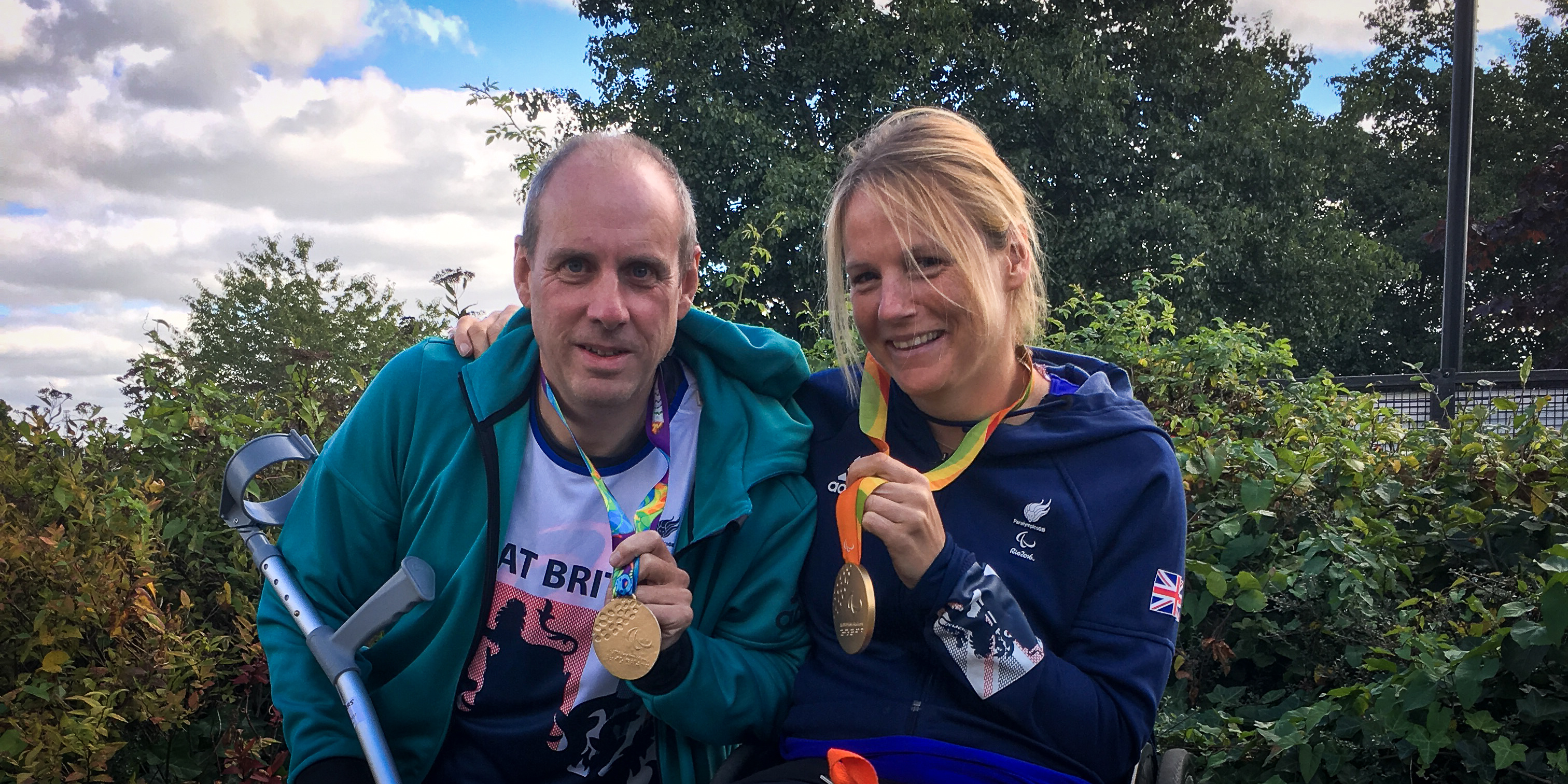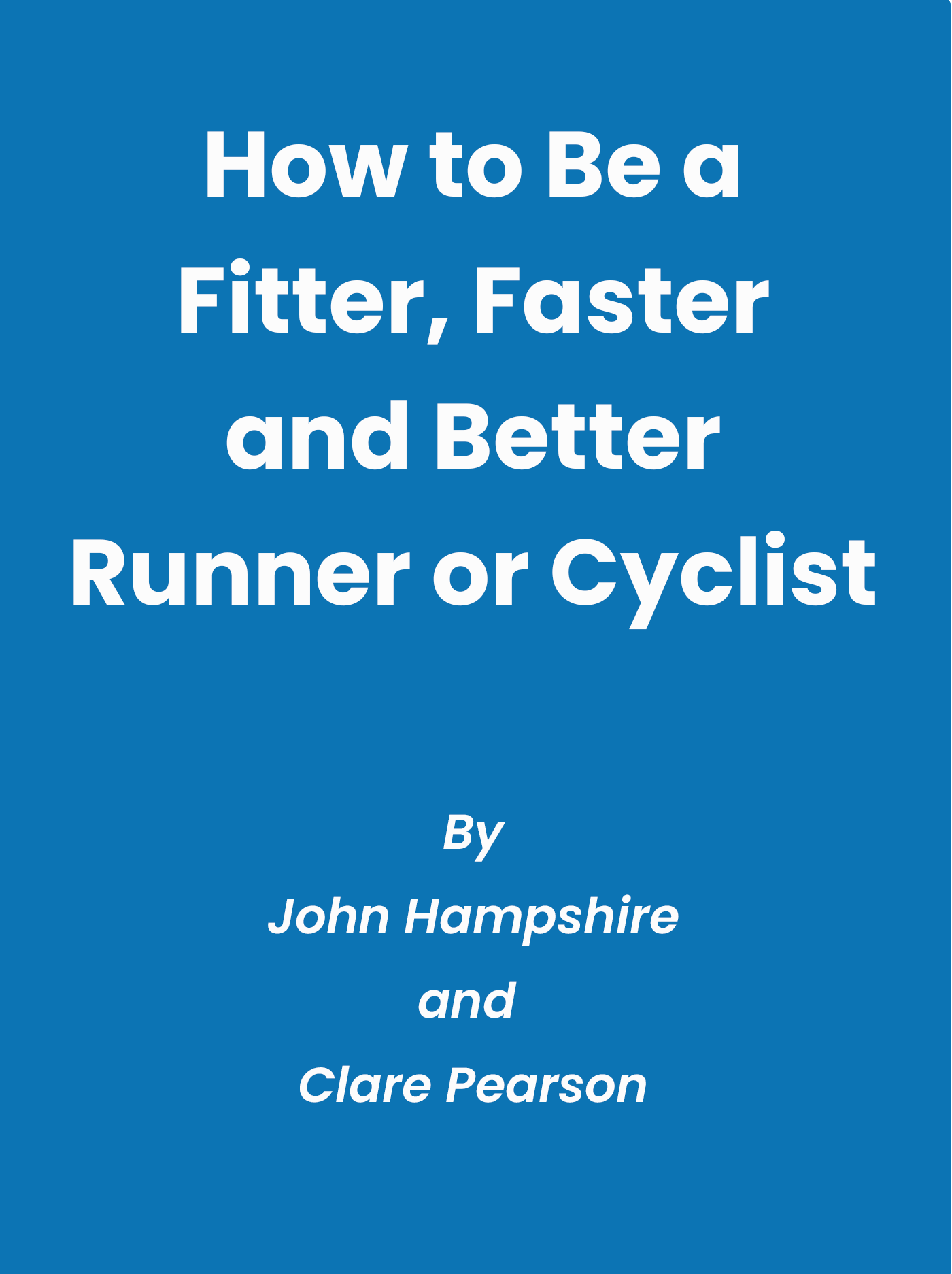Psychological Tools for Endurance Athletes: Reframing

As you might expect, the longer your event, the more likely it is that 'something' will go wrong. Being able to stay positive in the face of adversity is a good strategy to keeping the right mindset both as you prepare and during your ultra event. Reframing is one way you can do this.
What is Reframing?
Reframing is a way of changing the way we view a situation so that it works to our advantage. It is based on the Cognitive Behavioural premise that our thoughts, feelings and actions are all intrinsically linked and that if we change one, the others will follow.
John's client and personal friend Karen Darke is a very good living example of how reframing works; she also is very good at actively reframing in her day to day life.
It took some time (years) and lots of hard work but Karen was able to progress through the grieving process about all the things she lost after her climbing accident to embracing a new sport (hand cycling) in which she then got the opportunity to become a professional athlete, go to two paralympic games and win a silver and gold medal.
The steps to reframing can be seen as follows:
- Identifying situations that make you feel negative and are getting in the way of you achieving your goals.
- Identify the thoughts and mindsets related to that situation.
- Changing the way we view the situation so that we can move on in a positive way towards your goals
An example of reframing is the way we view recovery rest days as we discussed in my blog on how much fitness we lose when we take time off.
Step one would be to identify that you don't like recovery days, they make you feel anxious and you just want them to be over so you can get back to training. This might mean you often sabotage them by 'doing something else,' or not taking them and end up getting too tired and unable to train optimally.
Step two would be to think about the thoughts and views you have about recovery. Do you see it as as time off from important training? As a time when you can't do the things you love doing because you 'have to take time off' and feel sad/negative about it? Or a time when you have to catch up on all the other less desirable tasks that have built up while you have been training?
Step three would be to view it as part of the training cycle and see it as 'adapting to the load you have given your body,' a time when you can enjoy some relaxation and down time with friends and family, or a time when you can pursue one of your other hobbies.
How does it work?
Reframing works by taking us from a negative to a positive mindset. Positive mindsets keep us goal-orientated, focussed and motivated; we generally feel happier when we are in this mindset. Negative mindsets keep us where we are, make us feel miserable and stop us from achieving out goals.
The actual reframe can be positive or negative; it's the effect it has on our mindset that moves us forward.
When we make changes in our lives (something many of us are intrinsically resistant to) we can often get very attached to the way things are. Reframing the current situation so that you can see what is wrong with it might actually be what you need to do to move forward from it. We create some dissonance between how we perceive a situation and how we would like it to be.
For example to change bad habits you need to identify what is wrong with the habit in order to reframe it and move on to better habits. Staying late at work might please your boss but it interferes with your work life balance, stops you from training, makes you overly tired and stressed and has a negative effect on your physical and mental well-being. You can create dissonance by asking yourself 'am I at my most productive when I have a poor work life balance and do not take enough physical exercise to support my physical and emotional well-being?'
How do I make reframing work for me in an ultra endurance setting?
- Identifying aspects of your training and racing when you feel negative and this stops you achieving your gaols.
- For each aspect identify your mindset/thoughts about it.
- Identify ways in which you can change your view of that situation by changing the way you describe and think about it.
Karen did this with Key Workouts that she had as she was training for the paralympics. She original thought of them as 'killer workouts' because they were very hard. This meant that she dreaded the workout and felt negative and anxious going into them. She decided to call them 'gold workouts' because these were the workouts that were going to get her her gold medal. This kept her goal orientated and helped her feel excited about doing something that was bringing her closer to her dream.
You can get inspired by Karen's power of reframing by attending one of her courses, reading her books and checking out her blogs.
Is a negative mindset getting in the way of your training and ability to complete events? Why not book a free 20 minute consultation with no commitment to see how we can help you?
Subscribe to our blog
Please share with your friends
Other articles you might like
Tags:
cycling, Cycling Training, Bikepacking, ultra running, ultra-cycling, audax, sports psychologyJune 25, 2024

Comments